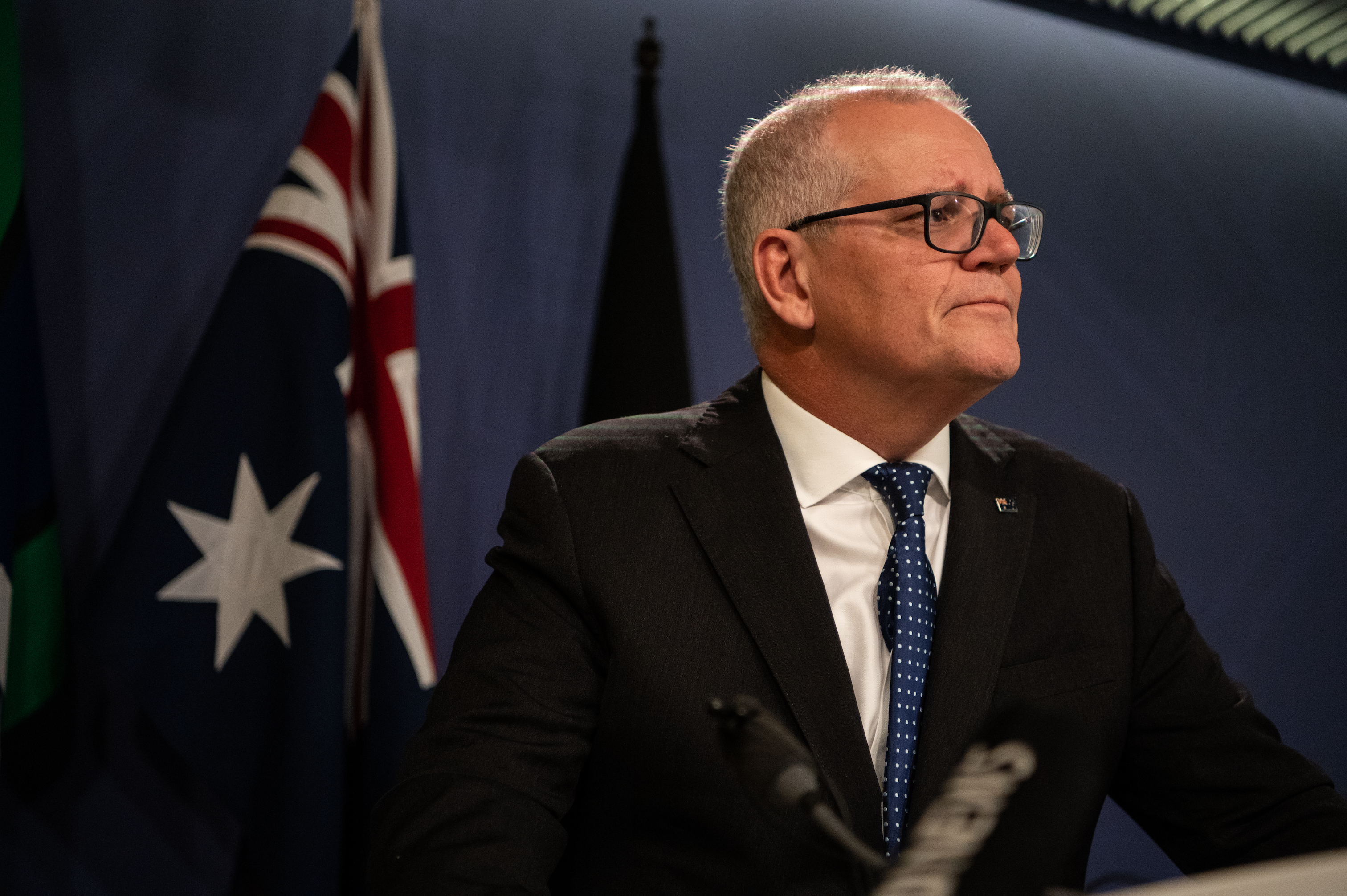What We're Watching: An Australian scandal, Israel and Turkey restore ties, North Korea in the Donbas
A rare scandal Down Under
Australia’s former Prime Minister, Scott Morrison, who lost general elections in May, is back in the spotlight after it was revealed this week that, at the height of the pandemic, he secretly appointed himself to head five additional ministries. (The Governor General – the Queen’s representative that formally presides over the executive – signed off on this.) Documents reveal that in 2020, Morrison, who now remains in parliament in the opposition, tapped himself to head the health and finance portfolios, followed by several other ministries the following year, including energy and resources. Making matters worse, Morrison’s colleagues in the Liberal Party didn’t know their boss had assumed these powers. In a defiant press conference Wednesday, Morrison said that he took this drastic move because of the public health emergency, and that he never acted as minister despite being secretly sworn into those positions. But the former PM remains in hot water: a mining company is accusing Morrison of “bias” for killing a permit to explore and drill for gas off the coast of New South Wales when he was secretly acting as head of the energy portfolio. Anthony Albanese, Australia’s new PM from the opposing Labor Party, said he is seeking advice on what – if any – the legal implications are. Meanwhile, several members of Morrison's own party have called for his resignation from parliament.
Israel-Turkey ties are back on
Israel and Turkey announced the restoration of full diplomatic ties on Wednesday, four years after withdrawing their respective ambassadors. Ties between the two countries had been fraught for years, but Turkish President Recep Tayyip Erdoğan cited the Trump administration’s recognition of Jerusalem as Israel’s capital in 2018 as the latest trigger for pulling Turkey's top diplomat from Israel. Relations had been improving for months: In March, Israel’s President Isaac Herzog visited Ankara, marking the first visit of an Israeli president to Turkey in 14 years. In recent months, Turkey has also worked closely with Israeli security officials to thwart Iranian plots against Israeli diplomats and tourists in Turkey. But why the detente now? Israel and Turkey have several mutual strategic interests in the region. Crucially, both see the Iranian presence in Syria as a threat to their respective national security interests and have a tricky time navigating the Russian presence there, too. What’s more, Turkey’s economy is flailing, and repairing ties with Israel – a tech hub – presents Ankara with new economic opportunities. We're watching to see whether this latest rapprochement can hold.
